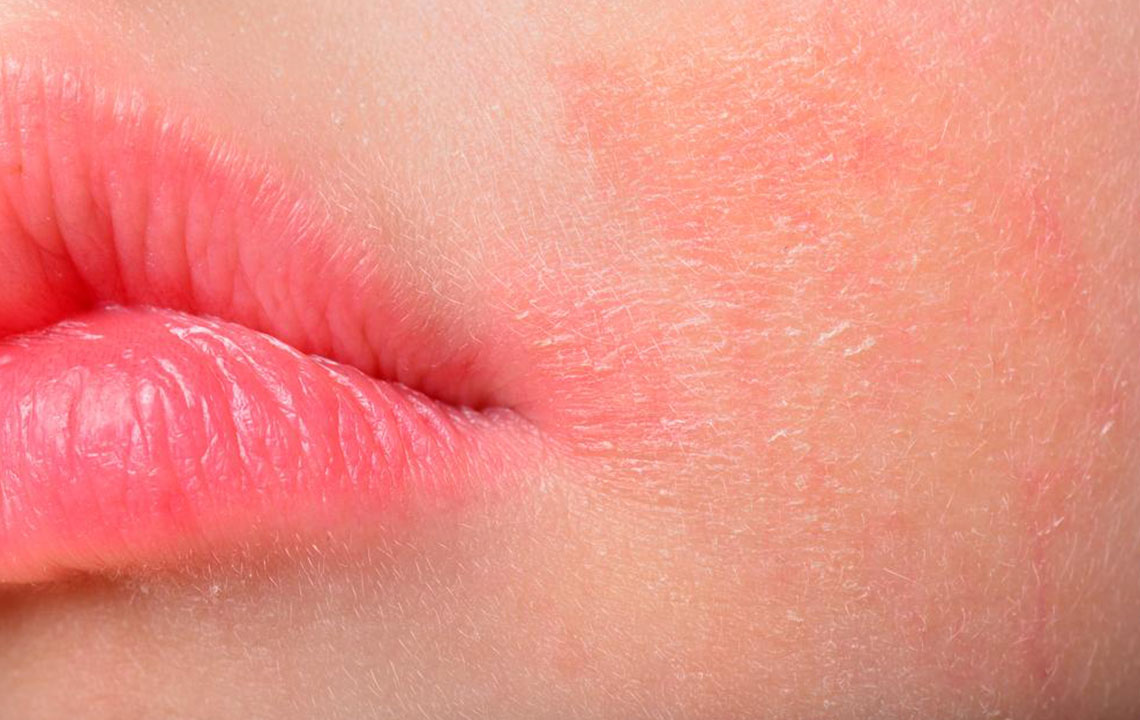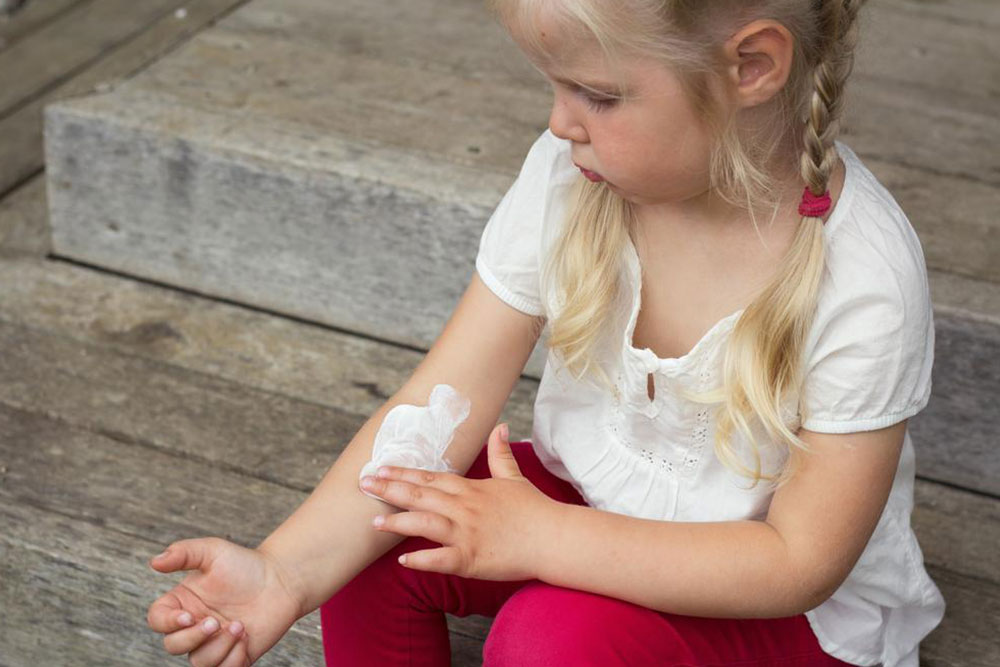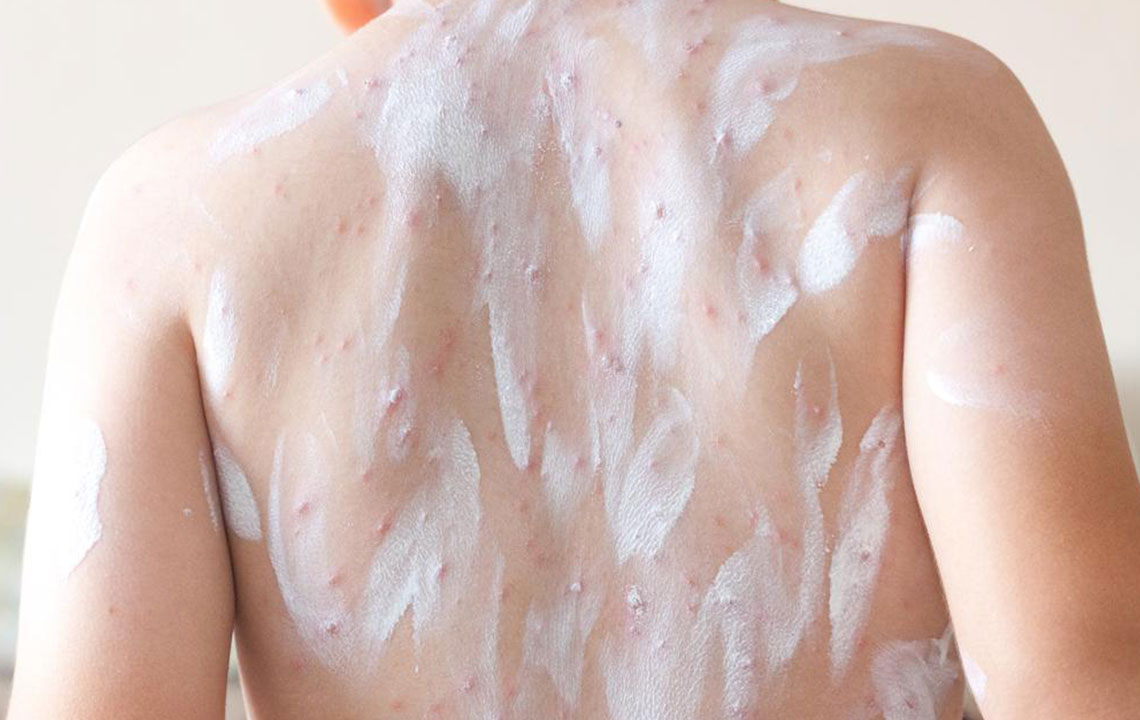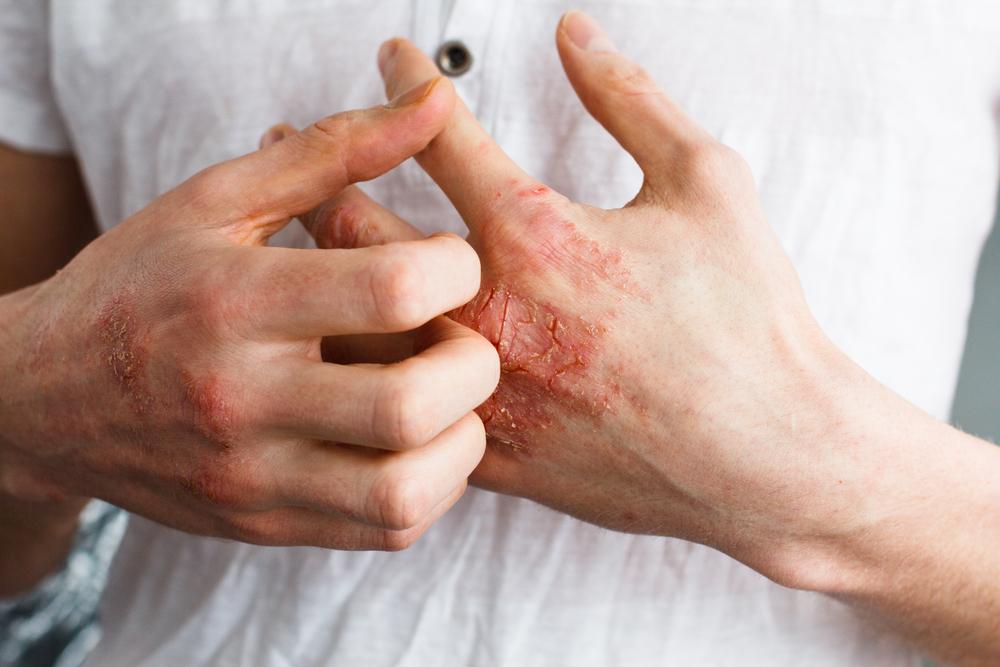Effective Strategies for Managing Atopic Dermatitis
Discover comprehensive management options for atopic dermatitis, including topical treatments, medications, therapies, and lifestyle tips. Learn how to effectively control and soothe this chronic skin condition with expert guidance, tailored treatments, and home remedies to improve quality of life.

Managing Atopic Dermatitis: Treatment Strategies
Atopic dermatitis, commonly known as eczema, is a chronic skin condition characterized by itching and redness. While it primarily affects children, individuals of any age can experience flare-ups. The condition may temporarily improve but can recur unpredictably.
Approach to Atopic Dermatitis Management
Typically, diagnosis is clinical, without the need for extensive lab tests. Physicians may perform patch testing to identify sensitivities and tailor treatment plans accordingly.
When caring for a child with atopic dermatitis, consider discussing food allergies with your healthcare provider, as it may influence treatment choices from the outset.
Medications Commonly Used for Eczema
Topical creams for itching and repair
Corticosteroid ointments are often prescribed to alleviate symptoms. They should be applied as directed after moisturizing the affected skin.
Antibiotic treatments
If bacterial infection or open sores are present, antibiotic creams or oral antibiotics may be recommended.
In more severe cases, oral medications may be used to combat infection or reduce inflammation.
Systemic Therapies
Oral corticosteroids
Drugs like prednisone can help in acute flares but should be used cautiously due to potential side effects with prolonged use.
Additional Treatment Options
Wet dressings
Applying moist bandages with corticosteroids can help soothe inflamed skin.
Phototherapy
Controlled exposure to natural or artificial light may benefit stubborn cases but carries risks like skin aging and increased cancer risk if used extensively.
Home remedies such as moisturization at least twice daily, applying anti-itch creams, maintaining optimal humidity, and wearing soft, breathable clothing can reduce flare-ups and improve comfort.
Note: While the resources offered here provide helpful insights into managing atopic dermatitis, they are not a substitute for professional medical advice. Always consult a healthcare provider for personalized treatment plans and before starting any new therapies.










